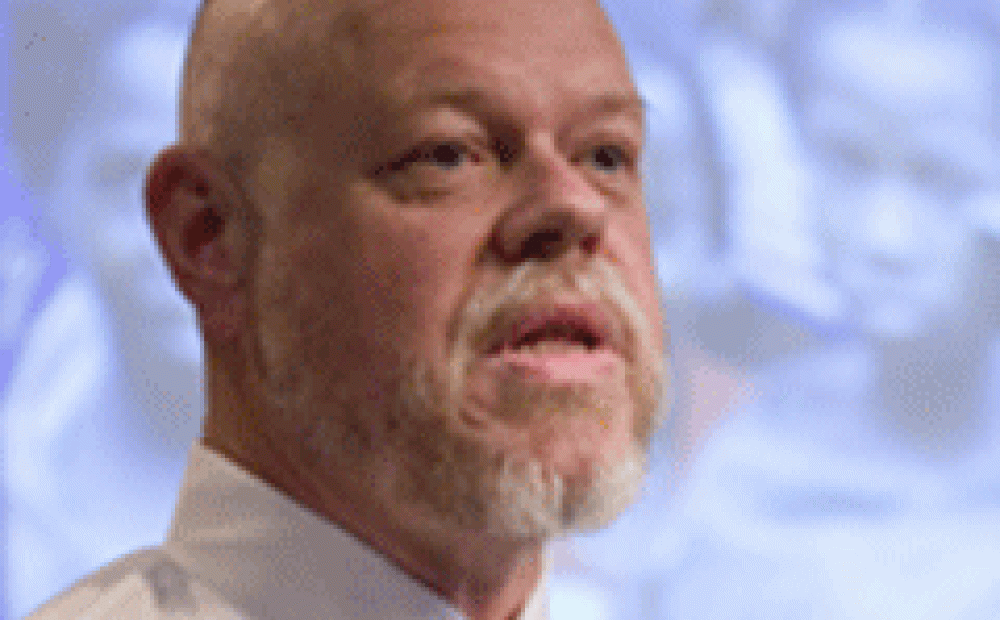Finding Balance: Results from a Population-Environment Success Story in Madagascar

Ecological "hotspots"—land areas richest in biodiversity and most threatened by human activity—comprise 12 percent of the planet's land surface and hold nearly 20 percent of the world's population. Madagascar, an island country off the east coast of Africa, is a prime example. With 90 percent of its natural rainforest already destroyed, Madagascar's rapid population growth of 2.9 percent annually is far outpacing its natural resources and ability to produce food.
In an effort to preserve the remaining 10 percent of Madagascar's rainforest, as well as improve the quality of Malagasy life, the Environmental Health Project (EHP), funded by the U.S. Agency for International Development's Office of Population and Reproductive Health, implemented an innovative program to integrate health, reproductive health, and conservation programs in remote villages.
Former EHP Project Director Eckhard Kleinau reported on this program's results at a meeting co-sponsored by the Woodrow Wilson International Center for Scholars' Environmental Change and Security Program and Africa Program. The event also included the Washington, D.C. premiere of Finding Balance: Forests and Family Planning in Madagascar, a nine-minute documentary film by Population Action International (PAI), an independent policy advocacy group that focuses on population and reproductive health issues.
On Location
The fourth-largest island in the world, Madagascar is an extremely poor country whose population has doubled over the last 30 years, and is expected to double again over the next 30 years. Poverty and food shortages are rampant; three in four households do not produce enough food to last an entire year. And along the forest corridors, where trees continue to be destroyed and replaced with unsustainable crops, people lack basic information on why and how to conserve natural resources and plan their families.
The Malagasy Voahary Salama Association, a partnership supported by USAID and the Packard Foundation, brings together local NGOs and private voluntary organizations that deliver medical aid, contraceptives, and tools and techniques for sustainable farming to 125,000 people in 160 communities. PAI's Finding Balance: Forest and Family Planning in Madagascar profiled Voahary Salama workers as they traveled on foot between remote Malagasy villages, armed with an unlikely set of tools—namely, birth control pills and condoms. Interviews with local women reveal their desire to have fewer children and control when and how often they bear children. The nine-minute short film underscored the critical need for family planning services in remote areas, while also broadly exploring Voahary Salama's innovative approach to conservation and development.
The Case for Integration
On behalf of USAID, EHP set out to determine whether programs that integrated population, health, and environment would produce better results than non-integrated programs. EHP studied both types of programs under the Voahary Salama umbrella that provided Malagasy villagers with access to primary healthcare and family planning services, as well as natural resource management tools and life-skills information.
Comparing the results of the integrated programs to the non-integrated programs, EHP determined that integrated activities generally show better results: 29 out of 44 key indicators were higher in communities served by integrated programs than those with non-integrated programs. EHP found small, doable actions, such as using contraceptives or sleeping under bed nets, especially effective.
Three results illustrate the positive impact of integration on general health, reproductive health, and conservation:
- The prevalence of moderate and severe chronic malnutrition (stunting) was 5 percent lower in integrated communities;
- The contraceptive prevalence rate reached 17 percent in integrated communities, compared to 8 percent in communities without integration; and
- Seventy percent of households in integrated communities planted trees, compared to 58 percent in non-integrated villages.
The Work Has Just Begun
While EHP's integrated program showed initial positive results, future research should be done to thoroughly evaluate the long-term impact of integration techniques, as well as the relationship between sustainable development and ecosystems. Based on its experience in Madagascar, EHP developed the following recommendations:
By Alison Williams
- Improve technical aspects of integration: the "Champion Community" approach, which provides support and celebration for positive results on the local level, was very successful;
- Build organizational capacity: Voahary Salama is still in its infancy, so sustaining this organization will require patience, but its existence is crucial to long-term programmatic success; and
- Gather proof that sustainable development and biodiversity conservation are compatible: Join programs in other countries (e.g., Kenya, Guatemala, and the Philippines), to gather more evidence to support the case for integrated activities.
Drafted by Alison Williams
Speakers
Hosted By

Environmental Change and Security Program
The Environmental Change and Security Program (ECSP) explores the connections between environmental change, health, and population dynamics and their links to conflict, human insecurity, and foreign policy. Read more


Africa Program
The Africa Program works to address the most critical issues facing Africa and US-Africa relations, build mutually beneficial US-Africa relations, and enhance knowledge and understanding about Africa in the United States. The Program achieves its mission through in-depth research and analyses, public discussion, working groups, and briefings that bring together policymakers, practitioners, and subject matter experts to analyze and offer practical options for tackling key challenges in Africa and in US-Africa relations. Read more


Maternal Health Initiative
Despite global attention and calls to action, women continue to die while giving birth. The Maternal Health Initiative (MHI) leads the Wilson Center’s work on maternal health, global health equity, and gender equality. MHI works to connect issues critical to global health and women’s empowerment to foreign policy and US leadership, with a focus on improving the lives of women, adolescents, and children around the world. Through collaborations with policymakers, academia, donors, and practitioners, MHI produces cutting-edge research, fosters cross-sectoral engagement, increases awareness of key issues, and informs US leadership on solutions for ending maternal and newborn deaths and addressing gender-based global health issues. Read more
